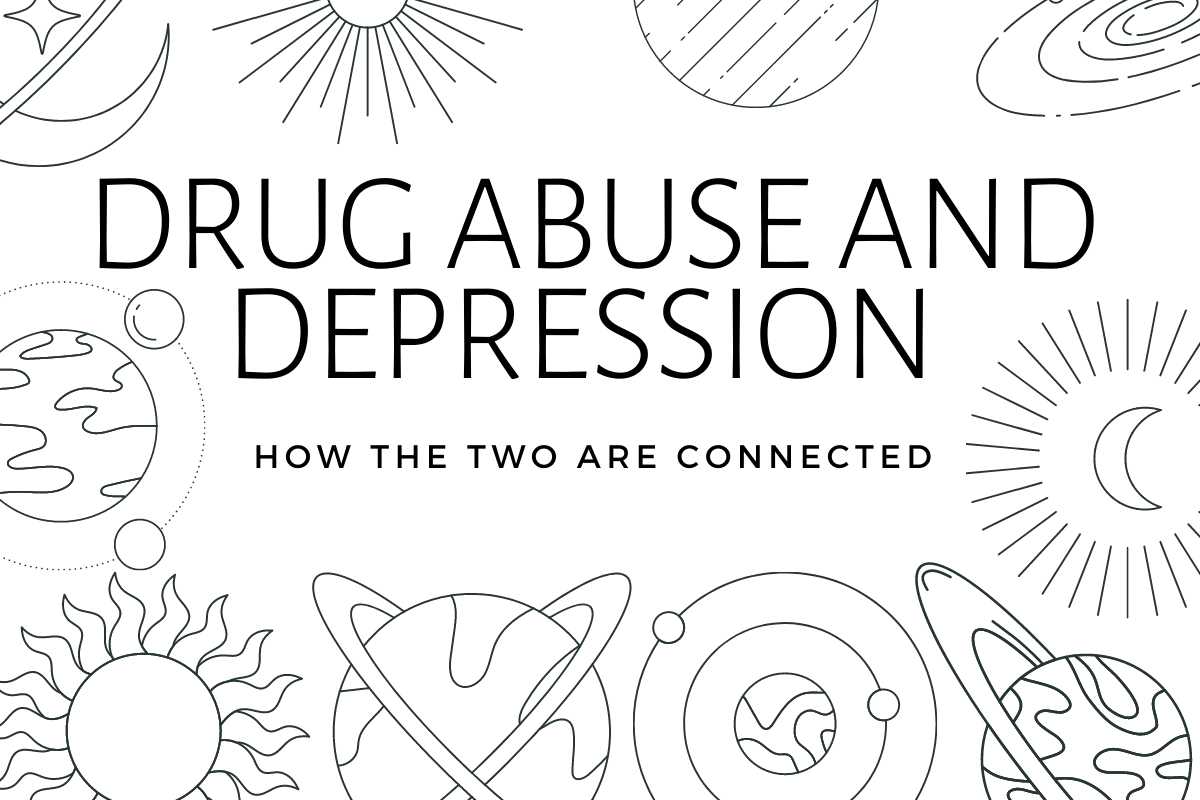Drug Abuse and Depression
Explore Everything You Need to Know About Drug Abuse and Depression
Table of Contents
Drug Abuse and Depression
There will be bad days for people suffering from depression. People everywhere go through periods of downtime, whether they are caused by inefficiency at work, family problems, or personal problems. Downtime usually occurs gradually for most people, and can be minimized by doing what makes us happy.

Depression Statistics
Despite the fact that those with depression experience periods of sadness, even when they try to ignore it, severe depression does not go away. An individual with depression and the group as a whole suffer greatly from this mental illness. A severe case of depression will severely affect a person’s quality of life. 10 percent of adults in the United States have this mental illness, according to statistics provided by the Center for Disease Control and Prevention (CDC).
Following are the people most likely to suffer from depression according to the CDC data:
- 45-64-year-old middle-aged adults
- Women
- African Americans and Hispanics
- Unemployed or disabled people that are unable to work because of various reasons
- Those who do not have access to health insurance
Individuals suffering from depression disorder are more likely to abuse substances. When you drink alcohol, you can experience depression symptoms like lethargy, sadness, and hopelessness, as alcohol depresses the nervous system. Substance abuse is common among people suffering from severe depression in order to avoid painful thoughts or find relief from great depression. Because of this, depression and substance abuse often coincide, leading to increasingly severe cases of both disorders.
What’s Dual Diagnosis?
Dual diagnosis patients sometimes have depression and substance abuse symptoms and severe depression, which could lead to hospitalization for either type of illness. A growing body of research indicates that substance use disorders, including drugs, alcohol, sex, and gambling, are effectively treated as a dual diagnosis. A third of abusers experience severe depression as part of their symptoms.
Severity of Depression
Severe depression can increase one’s tendency to self-harm, commit suicide, or injure oneself. An individual’s immune system can also be affected by depression, causing it to weaken. They are more susceptible to diseases and illnesses as a result of this combination. One’s health and emotional well-being are likely to deteriorate exponentially while abusing drugs or alcohol. You can improve your quality of life and prevent detrimental consequences like a diminished sense of self-worth and severe depression symptoms by getting treatment for depression and substance abuse.
Just a Case of “The Blues” or Real Depression
It is very normal to experience times when you are weak against severe depression when you are depressed, angry, annoyed, annoyed, or even irritated. The symptoms of clinical depression are different from those that are characterized by a short-term “bad mood,” but are similar to long-term moodiness. In the Diagnostic and Statistical Manual of Mental Disorders 4th Edition, severe depression is defined as depression that has persisted for at least two weeks and impacts daily functioning. Depression Can Lead to Several Symptoms, Including:

- Hopelessness
- Feeling anxious
- Weight loss/loss of appetite
- Weight gain/increased appetite
- Oversleeping or undersleeping
- Tears
- Pains and aches
- Feeling dizzy
- Guilt
- A feeling of worthlessness
- Irritability
- Concentration problems
- A lack of interest in hobbies or other activities
- Attempts or thoughts of suicide
A mental illness known as depression is characterized by feelings of sadness, hopelessness, and depression. Those with a high socioeconomic status can sometimes interpret depression as severe depression, especially those who misunderstand it as anger, imitation, or hostility. Individuals suffering from depression need to realize that they are not in their usual emotional state when they are suffering from this condition. An individual who has suffered a significant loss in their family can be viewed as quite different from someone who has been clinically depressed and is suffering from severe depression.
Mild Depression Symptoms
Getting mild depression does not typically affect one’s ability to conduct day-to-day activities or success in one’s chosen field, so it is unlikely to interfere with success in one’s career.
If you have experienced severe depression due to breakups or losses, then you will experience similar negative feelings when you lose your job or break up. When you are depressed and hopeless for a long period because of clinical depression, it can be difficult to perform even routine daily tasks. Alcoholics, gamblers, drug users, or those with dangerous behaviors can also suffer from severe depression.
Beginning Into An Addiction
Depression can serve as a gateway to substance abuse and alcoholism. This can be attributed to a variety of factors. The prevalence of alcohol and drugs in those with depression is well known. The longer a patient waits to seek treatment, the worse off he or she will be. Assume these individuals use drugs and alcohol regularly. As a result, because men and women often self-medicate with alcohol and other drugs to escape their severe depressions, the risk is that they will continue to use these substances even more in a dangerous way.
Addiction Symptoms Include
- Building A Tolerance: When you take a drug, your body becomes accustomed to it and uses larger dosages to achieve the same effect.
- Going Through Withdrawal: You may feel nervous, nauseated, tremble, have cold sweats, or agitated with reduced drug intake.
- Remorse and Regret: After taking a drug, you feel sad or guilty even though you used it to feel better.
- Lapse and Relapse: Whenever you try to quit taking the drug, you’re likely to succumb to withdrawal symptoms and cravings again.
In certain cases, such as severe depression, stopping using substances can worsen depression. If, for years, you have used alcohol to hide your depression symptoms, you might find that when you are sober, your depression becomes worse. The treatment of substance abuse and depression are both interrelated, so we should also treat severe depression at the same time.
Depression must also be treated if you want to recover from your addiction. Recovery from rehab can lead to relapsing into addictive behaviors that manifest as severe depression. The process of becoming sober is difficult without proper therapeutic support, leading to severe depression in individuals suffering from substance abuse and depression.
Getting Over Substance Abuse and Depression
Due to the increasing number of people who have a Dual Diagnosis, individuals will be less likely to receive top-quality mental health treatment, specifically for those suffering from severe depression. You can’t fix your depression by drinking more alcohol. Instead, you might make it worse. Those suffering from depression will likely have trouble kicking their drinking habits, especially when they are also severely depressed. Patients with dual diagnoses require complex treatment. Many addiction treatment programs do not provide the right treatment for people with a Dual Diagnosis, leading to a non-optimal outcome when it comes to treating depression in the long run. There are only a few treatment centers in these communities that are equipped to handle both drug and alcohol addiction and mental health issues simultaneously. In order to prevent relapse in people with severe depression, an integrated behavioral health system must include peer support, education, counseling, and relapse prevention.
- Understanding depression and being able to help the client
- Ensure the client that addiction and depression are treatable
- Motivating clients to change their lives
- Developing skills to deal with negative thoughts for clients
- Addiction behavior identification and modification
Medications & Antidepressants
Dual diagnosis sufferers can experience emotional relief from depression through medication. Depression patients have reported that antidepressants improve their lives. To treat severe depression, it is crucial to be patient while determining the best pharmacological approach. Prescription drugs must be administered under qualified supervision when they are used as a means of treating dual diagnoses.
The best tools for overcoming severe depression include support, encouragement, and motivation. If your efforts do not produce the desired consequences, then they may fail. Today, medical specialists treat patients suffering from depression. In treating severe depression, support groups, individual therapy, and family therapy can be very helpful.
Where to Get Help?
Lift Off Recovery, Drug Addiction Treatment Center in Anaheim, California, understands how to help those who suffer from drug addiction and how depression plays a significant role in that. We have the staff and resources to help you or your loved ones today. Contact us to find out more about our program and to speak with our admissions team.
Get the solution you’ve been seeking today.
FILL THE FORM BELOW
The Journey Begins
CONTACT LIFT OFF RECOVERY TODAY FOR DETOX AND ADDICTION TREATMENT IN ORANGE COUNTY, CALIFORNIA!
Take the first step and contact us today. Our admissions specialists are ready to help you get the care you need. We can help you figure out how to pay for treatment and what level of care is right for you.
- Insurance Accepted
- Friendly Staff
- Years of Experience
